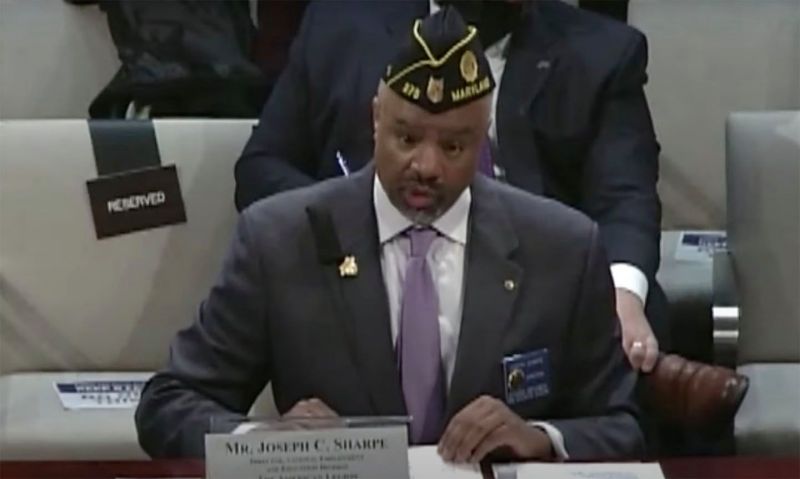
Homebuyers using VA home loans are facing disadvantages in an increasingly competitive housing market.
American Legion Director of Veterans Employment and Education, Joseph Sharpe, testified on Dec. 8 before the House Committee on Veterans’ Affairs Subcommittee on Economic Opportunity on the barriers veterans face on the path to homeownership.
Since the Department of Veterans Affairs (VA) Home Loan Program originated as part of the original GI Bill in 1944, VA has guaranteed more than 26 million home loans for veterans over the past 77 years. Seen as a pathway to homeownership for middle-class Americans, the VA Home Loan program is not without obstacles. VA loan homebuyers have struggled to compete with conventional loan homebuyers because of biases, restrictions and inflexibilities.
The surge of homebuyers in 2020 resulted in a 20% increase in prices. That, coupled with a limited supply of properties, prevented many potential buyers from using the VA home loan to acquire a house. With an increase of sellers receiving cash offers, VA homebuyers were often considered last.
“According to a 2021 survey by the National Association of Realtors, 89% of sellers were likely to accept an offer from a buyer with a conventional loan, and only 30% were likely to accept an offer from a buyer using a VA loan,” Sharpe told lawmakers. “According to the same survey, 59% of sellers’ Realtors stated stricter home inspection requirements reduced the attractiveness of buyers using the VA home loan and 38% of sellers surveyed were concerned about low appraisal values and lengthy closing timelines.”
The bias against potential homebuyers using a VA home loan is seen in current market data. VA home loans fell by 1.2% despite an expanding housing market. These problems can be alleviated by certain actions of Congress and VA, Sharpe told lawmakers.
“Congress and VA should consider adding flexibilities into the VA home loan for extremely competitive markets,” he said. “Lender staff appraisal reviewers should have the flexibility to issue Notices of Value waivers up to 5% above or below the fee appraiser's value estimate, provided the adjustment is warranted by the real estate market.”
This would prevent veterans from having to pay the difference when an appraisal doesn’t match with the reality of the current market.
Another solution, said Sharpe, is to increase support for VA-approved appraisers and equip them with accessible information and education. Standardizing the fees and expectations for appraisal fee schedules would enable VA to build confidence in VA appraisal assignments.
“Our servicemembers, veterans and their families should not have to worry about finding a suitable home whether they are changing duty stations, transitioning from the military, or simply buying a new home,” Sharpe concluded.
Watch the full hearing here.
- Veterans Benefits

